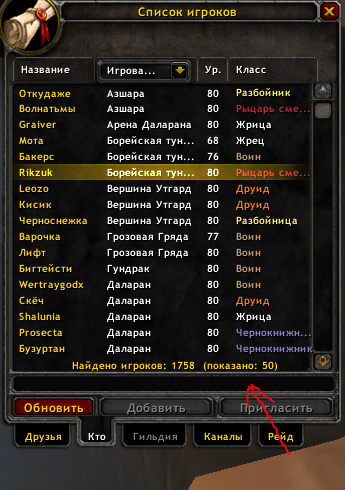Answer the question
In order to leave comments, you need to log in
How to get all data limited by LIMIT for a query like LIKE?
I'm thinking about an algorithm for getting all the data from the server for the minimum number of requests. The maximum number of rows returned by the server is 50, there is no pagination.
The procedure for obtaining data is as follows:

Answer the question
In order to leave comments, you need to log in
all letters must be sorted out. but this is only the first time.
then when you have received all the nicknames, you can calculate all the 2-letter letters that are required to get all the players. for example, it is stupid to collect the first 2 letters from all nicknames. I think there will be hundreds of them. which to use for enumeration later. when adding new players, either iterate over everything again, but with a high probability these players will pair with the existing characters (look at the total number of parsed.)
There is no other way, unless you find some other not insignificant detail in their api.
Didn't find what you were looking for?
Ask your questionAsk a Question
731 491 924 answers to any question